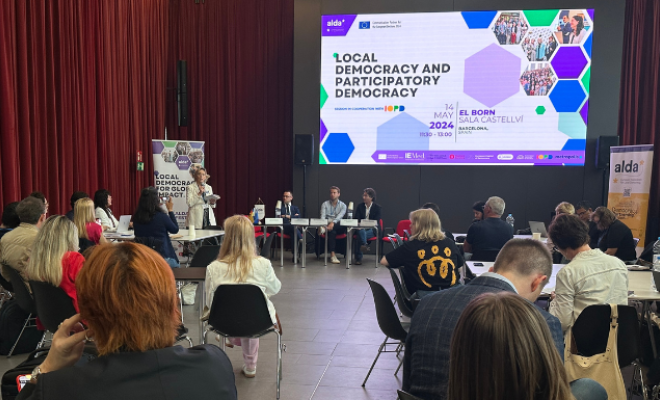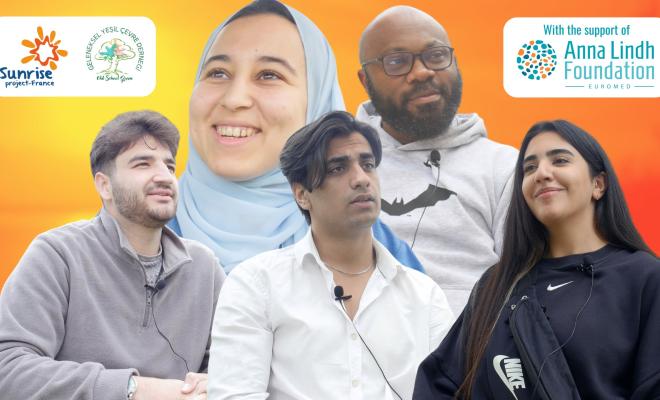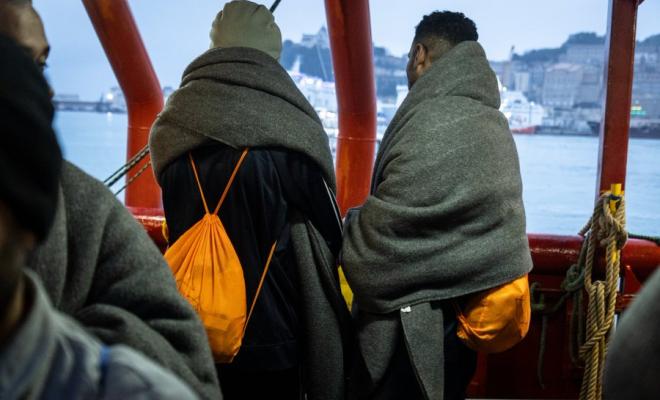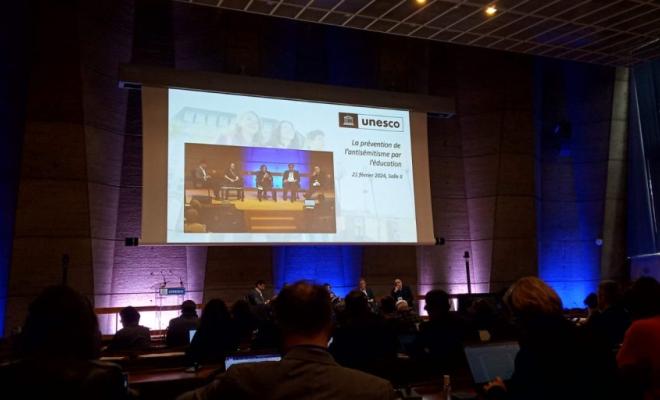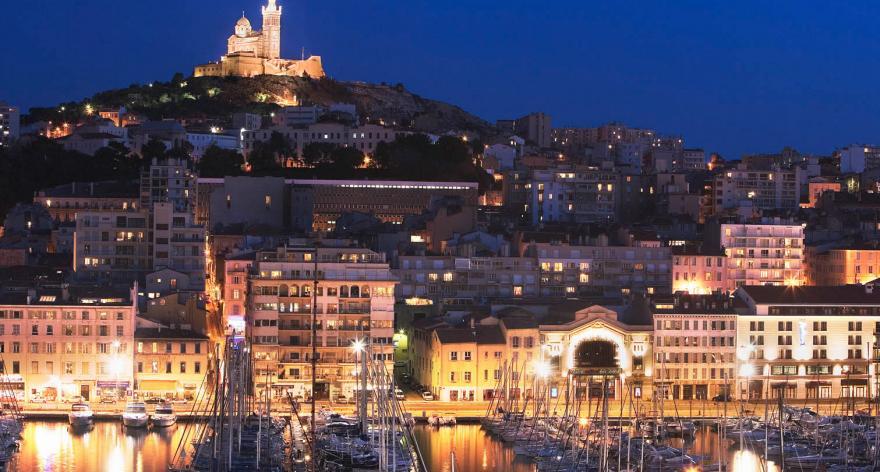
At present, the French network comprises over 90 members, all civil-society organisations that operate in the area of intercultural dialogue in the Euro-Mediterranean region.
The network was initiated by the Fondation René Seydoux with the support of Thierry Fabre, and was later coordinated by ADCEI and Forum Femmes Méditerranée. In June 2021, its members elected two new Heads of Network, ALDA and Les Têtes de l’Art, two nonprofits on a Euro-Mediterranean scale, the goal of which is to continue sharing opportunities for development, activities, training, and international and artistic encounters, to encourage intercultural dialogue.
The French national network is a group of organisations that are genuinely transdisciplinary in their respective areas of expertise. Intercultural relations that involve youth, art and sustainable development are more than the sum of the network’s various competencies: they are the nodes at which these competencies meet and set joint goals. Moreover, the network is implanted in various areas of France, in both major urban hubs such as the Paris or Marseille areas and small and medium-sized towns – a genuine asset. The energy, ambition and versatility of its members enable it to trigger synergies, and at their local level the various organisations are able to promote the activities and goals of the Anna Lindh Foundation in the field.
29, rue Toussaint13003 Marseille
13003 Marseille
France
Maison des Associations, 1A place des Orphelins
67000 Strasbourg
France
